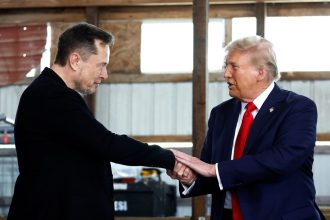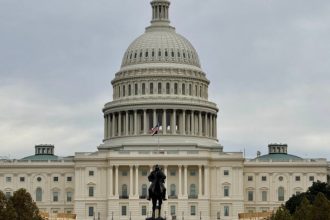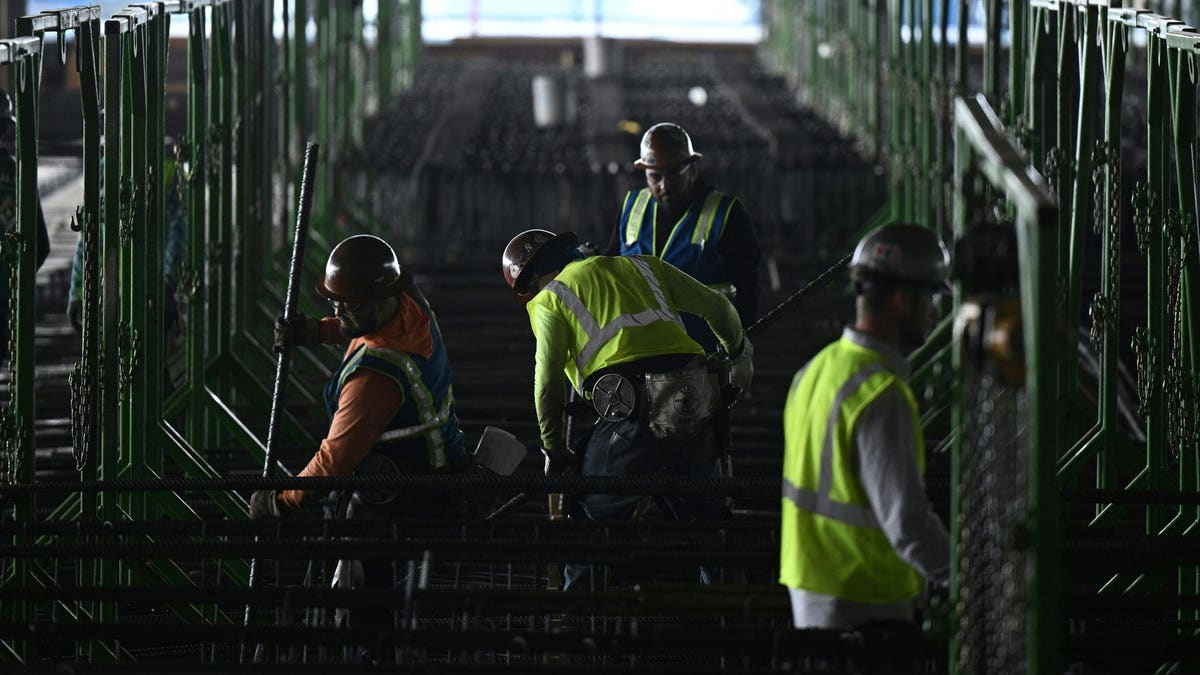The 2022 CHIPS Act was supposed to lessen US dependence on foreign semiconductors which, despite their importance to both economic and military competitiveness, had largely stopped being made domestically. The world’s top chipmaker, Taiwan Semiconductor Manufacturing Company (TSMC), who had already started building a factory in Arizona when the law was enacted, then announced plans for a second factory in the state, partly to take advantage of the subsidies available.
It looks like industrial policy is working, but not so fast. TSMC is asking the US government for 500 visas to bring in specialists from Taiwan to handle some of the most technically difficult work around installing semiconductor fabrication equipment. The Arizona Pipe Trades 469 Union is fighting it.
Fighting for Pride
The heart of the fight seems less about net job creation, since the project currently employs 12,000 people on site, and the 500 visas are for temporary positions, and more about pride. TSMC doesn’t like unions and isn’t shy about saying so. The union, meanwhile, is incensed over insulting social media posts that suggest US workers are lazy or incompetent.
The union insists that the skills required are well within their members’ capabilities and that TSMC is making it all up to spite them. The local Pipefitters president, Aaron Butler was quoted in a thoughtful article from the vigorously pro-union magazine The American Prospect explaining how silly he thinks TSMC’s position is:
“What pipefitters, electricians, and others do is hook up equipment. The pipe does not care what it’s going to. My guys don’t make the chips, they’re not trying to run the lithography equipment. We connect the piping to the mechanical connection, pressure-test the line, make sure it’s clean and quality, and walk away.”
It seems crazy, but an emotional dispute rooted in pride is threatening an important industrial policy initiative.
Technology Is What Really Matters
TSMC became the global semiconductor goliath over three decades of manufacturing integrated circuits designed by other (fabless) companies including Apple
AAPL
QCOM
NVDA
DIA
It’s easy to see why TSMC’s technical leadership would cringe at the Pipefitters’ quote above.
The bigger issue is whether unionism can coexist with the industrial policy moves being made by the US government including not only the CHIPS
HIPS
Union demands that the 500 temporary specialist jobs TSMC wants to fill with Taiwanese experts go to locals is sand in the gears of a much larger process. Trade tensions, the COVID experience, and a long run need to reduce the carbon footprint of global supply chains are conspiring to regionalize the world economy. Plus, dueling industrial policies among mega-economies mean that winners (China, EU, US) and losers (UK, Indonesia, Australia) are starting to emerge in the race to lead key industries like batteries, solar panels, and of course, semiconductors.
Unionism’s reputation for resisting technology is at least partially deserved, as this quote from International Longshoremens’ Association President Harold Daggett screams: “There’s going to be an explosion and the ILA and the dockers around the world are going to light the fuse, it’s time we put companies out of business that push automation.”
Is it possible that unions truly believe they can halt the march of technology?
Embrace the Chance to Learn and Earn
The Luddites of 19th century England ultimately failed, as do most efforts to put the genie back in the bottle. Unions are not inherently the problem though, as the Teamsters showed with UPS. The key to finding a win-win is for organized labor to participate in the development of technology both in terms of better pay and growing skills.
Otherwise, everyone loses.
Read the full article here





